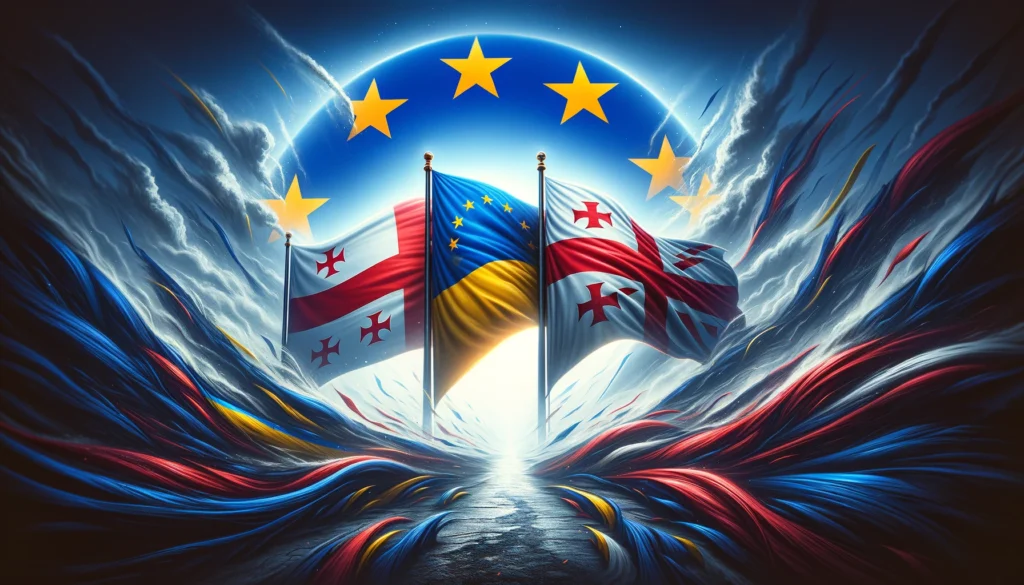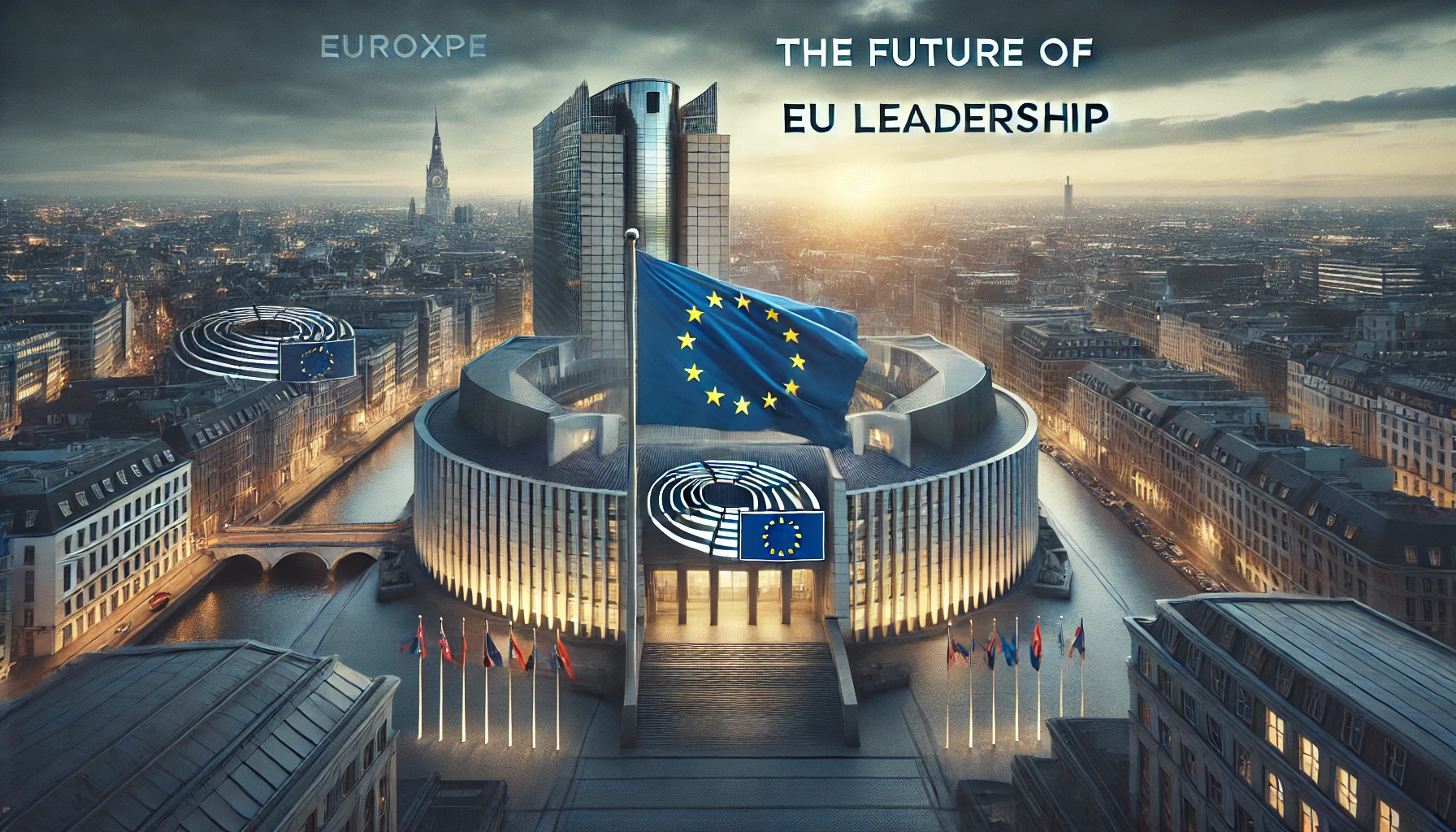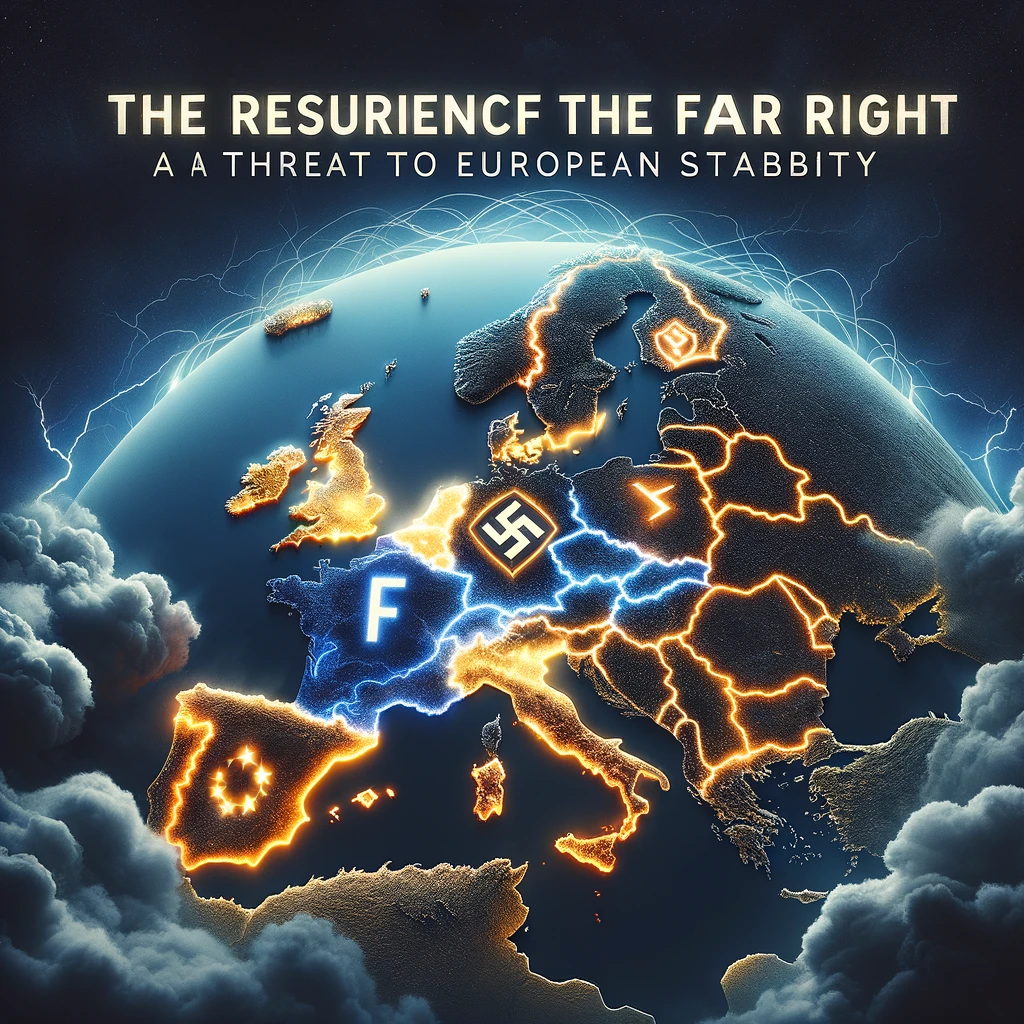The EU enlargement has long been a cornerstone in fostering peace and stability across Europe. By increasing prosperity for Europeans and creating new opportunities for businesses, it paves the way for a more unified and robust continent. Countries on the path to EU membership enjoy strengthened ties, support for fundamental rights, and access to EU funding and expertise.
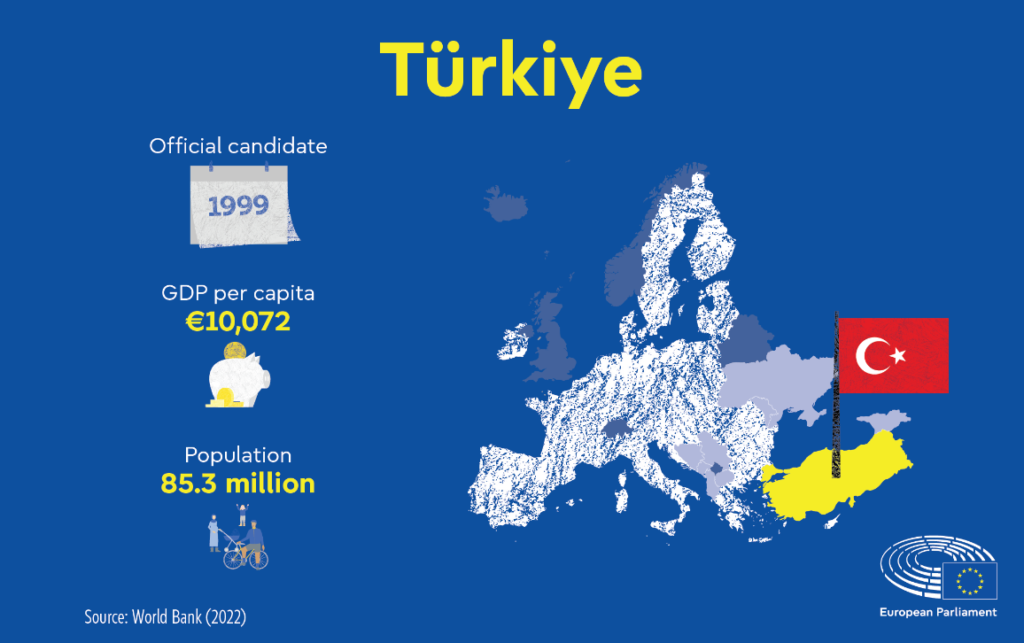
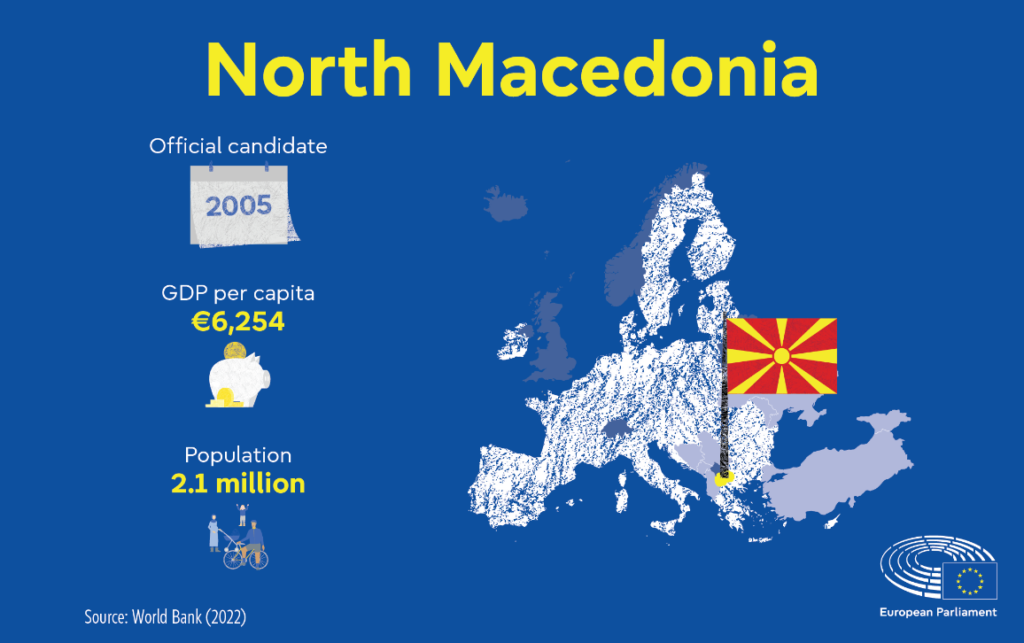
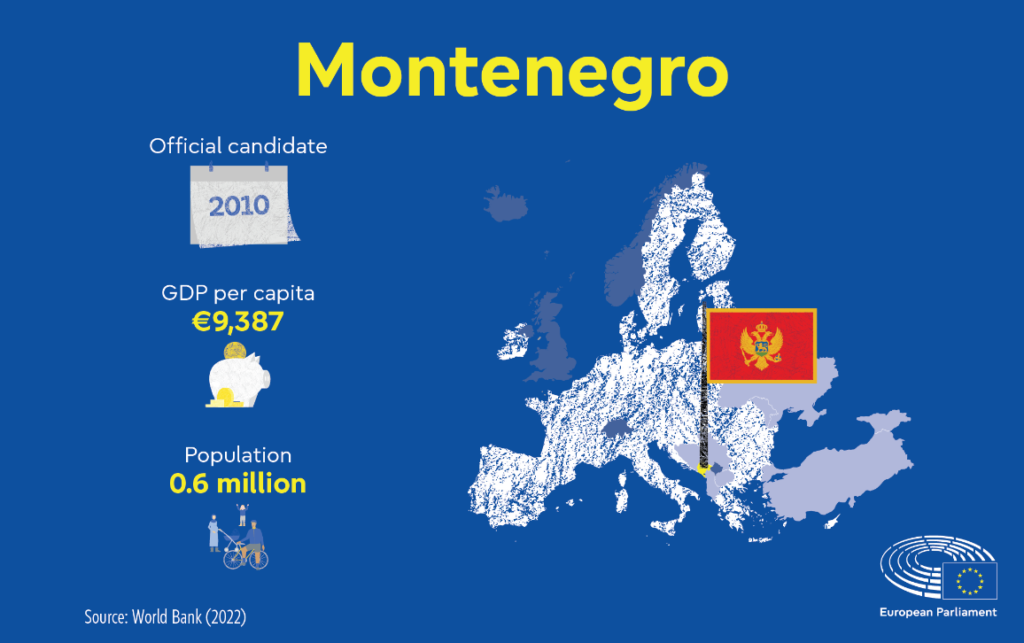
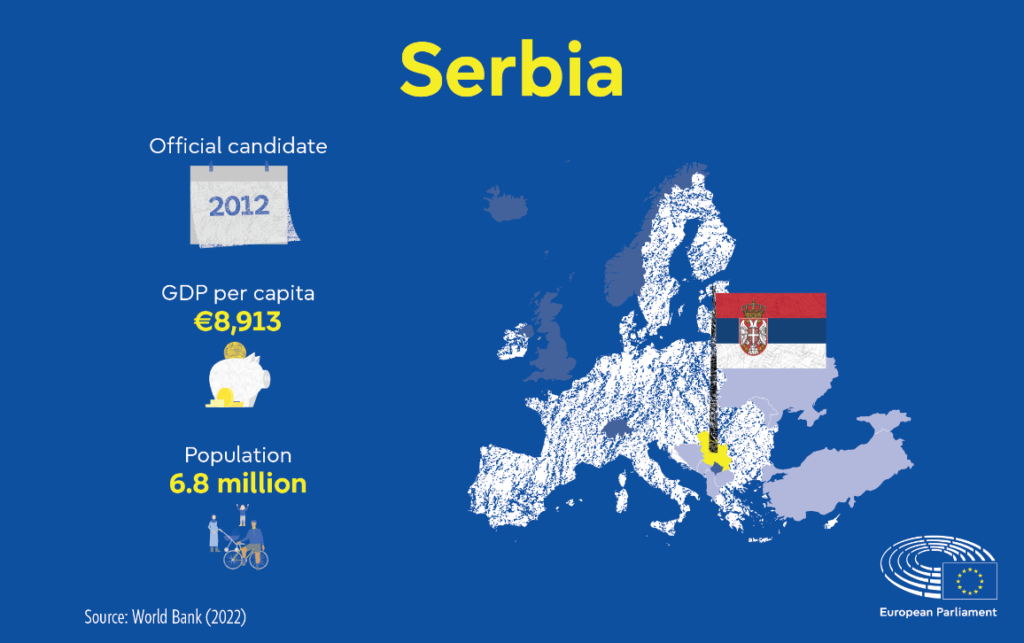
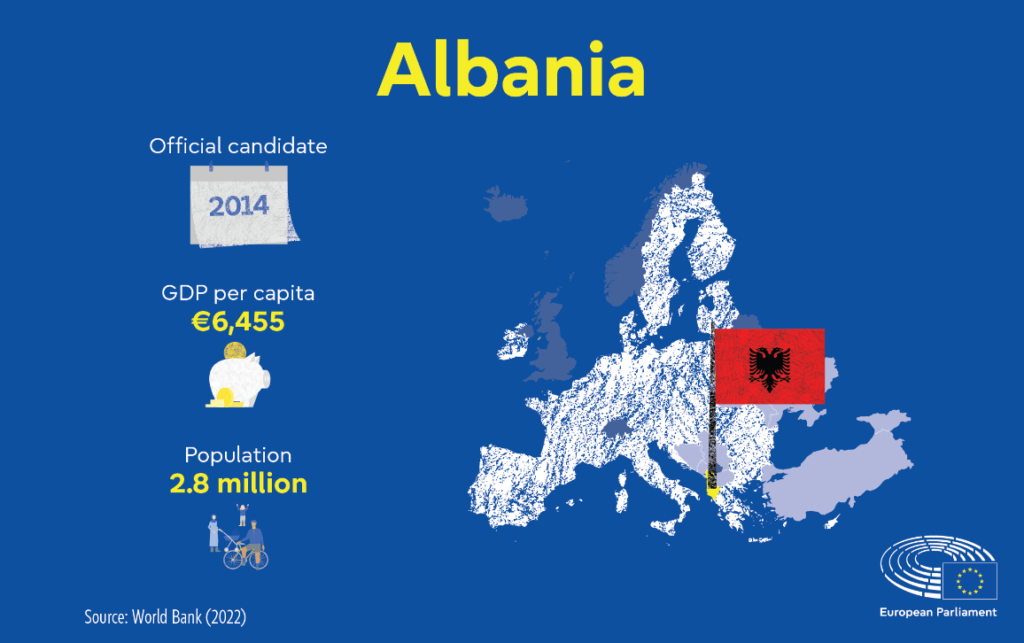
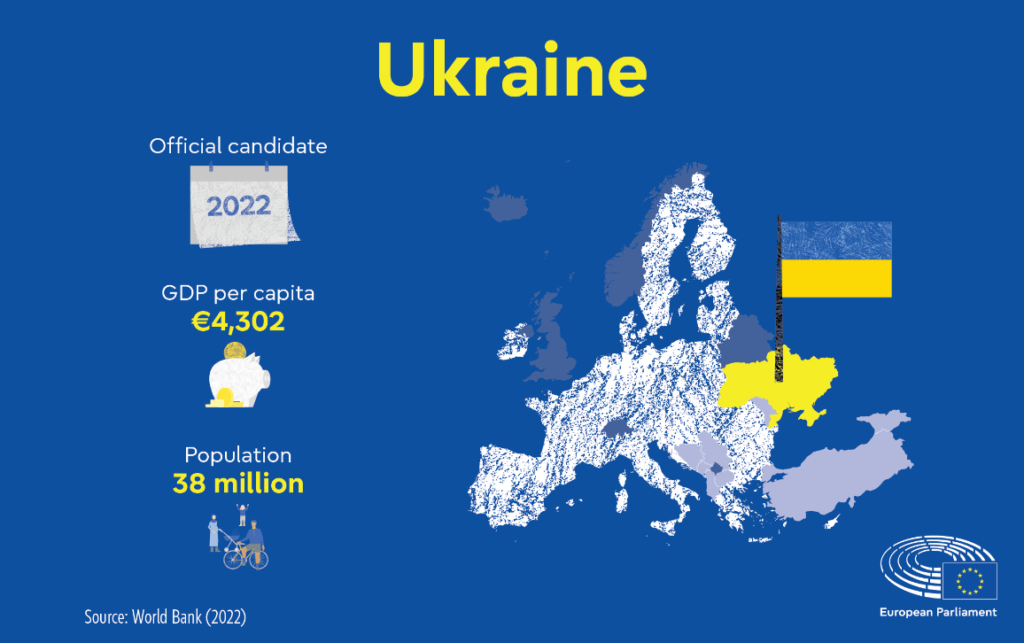
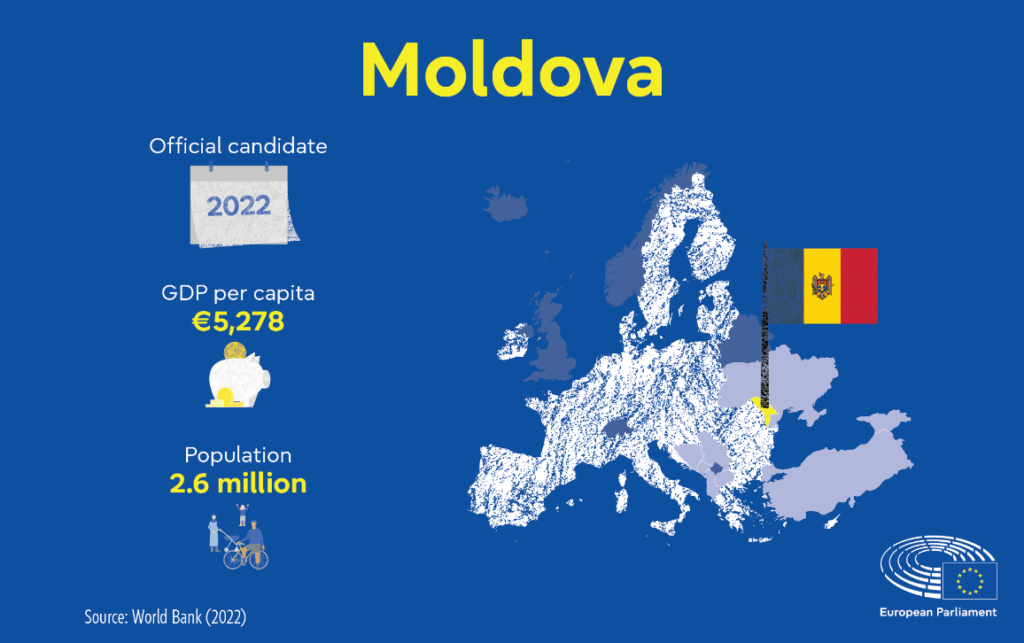
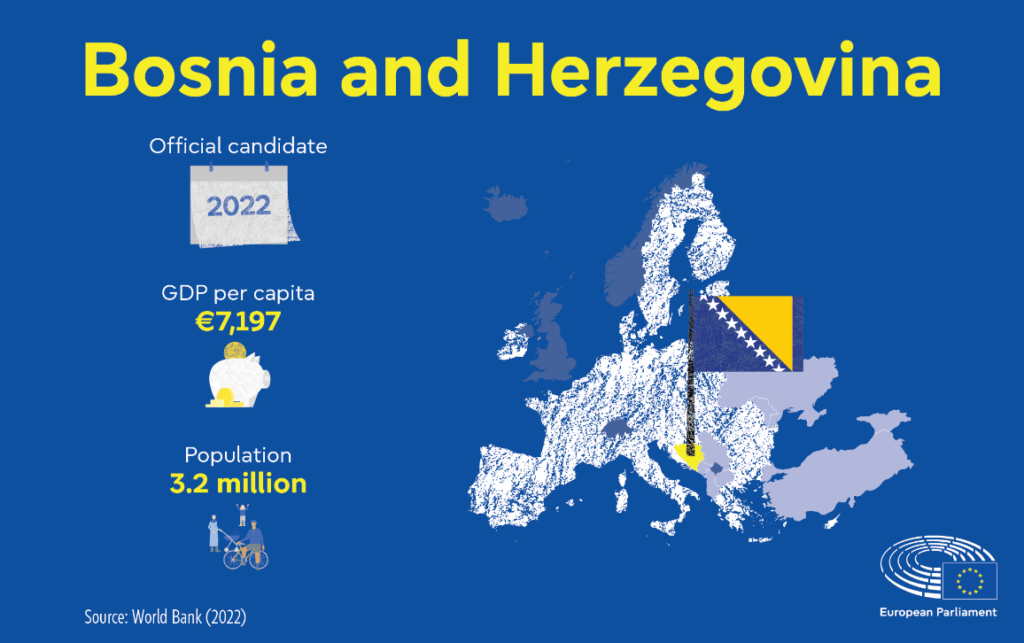
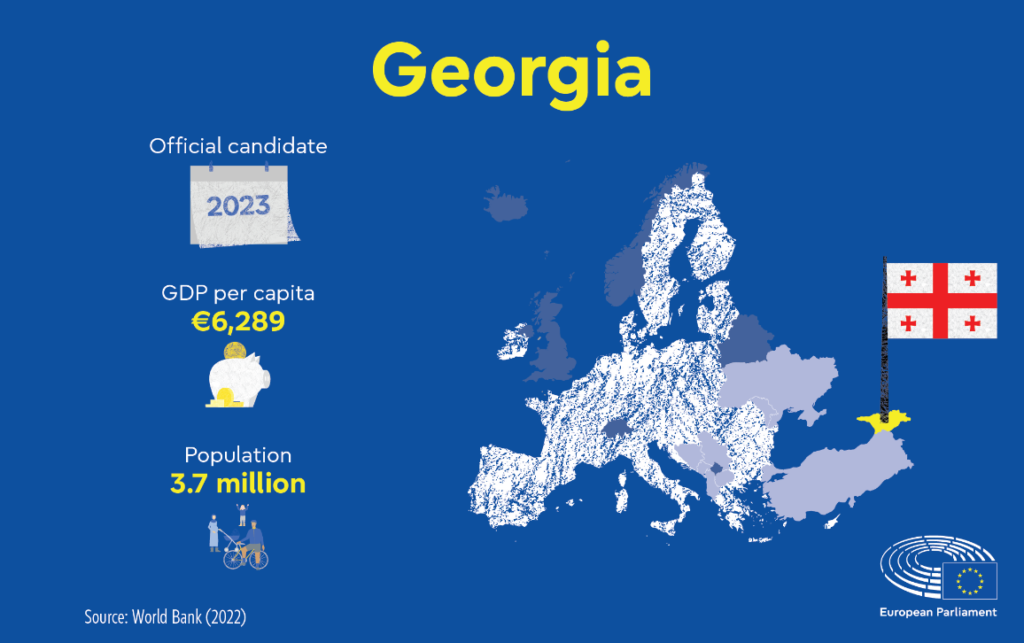
In December 2023, EU leaders announced the recognition of Georgia as a candidate country, with formal accession talks commencing with Ukraine and Moldova on 25 June 2024. Additionally, in March 2024, it was decided to launch accession talks with Bosnia and Herzegovina. The inclusion of these countries marks a significant step towards a more inclusive Europe.
The EU has recognised several countries as candidate nations, including Albania, Bosnia and Herzegovina, Georgia, Moldova, Montenegro, North Macedonia, Serbia, Ukraine, and Turkey. However, negotiations with Turkey have been frozen since 2018, with the EU citing concerns over media freedom and the rule of law. It is important to note that similar media freedom concerns have also been raised within several EU countries. For instance, there have been controversies regarding the treatment of Palestinian rights and the recent incident in Germany, where a Turkish nationalist symbol was controversially compared to Nazi imagery.
To apply for EU membership, a country must be European and adhere to the EU’s democratic values. This includes having stable institutions that guarantee democracy and the rule of law, a functioning market economy, and the capability to undertake and implement EU membership obligations. These stringent criteria ensure that new members are well-prepared to integrate into the EU framework effectively.
Candidate and potential candidate countries receive substantial support from the EU, including funding, detailed policy advice, and Association Agreements that provide extensive access to the EU’s internal market. This support is crucial in helping these countries meet the necessary criteria and prepare for eventual membership.
The journey to EU membership begins when a country meets the basic political, economic, and reform criteria, allowing it to become an official candidate. Formal negotiations then start, covering 35 chapters that encompass various policy areas. Upon completing these negotiations and reforms, an accession treaty is finalised. This treaty must be ratified by all existing EU member states and the candidate country itself before membership is granted.
The EU’s roots trace back to 1952, with six founding members: Belgium, France, Germany, Italy, Luxembourg, and the Netherlands. The first enlargement occurred in 1973 when Denmark, Ireland, and the UK joined. The 1980s saw Greece, Spain, and Portugal joining after overcoming dictatorial regimes.
The post-Cold War era significantly expanded the EU. Austria, Finland, and Sweden joined in 1995, followed by a major enlargement in 2004 with the inclusion of the Czech Republic, Estonia, Hungary, Latvia, Lithuania, Poland, Slovakia, and Slovenia, along with Cyprus and Malta. Bulgaria and Romania joined in 2007, and Croatia became the latest member in 2013. Conversely, the UK left the EU in 2020.
The geopolitical landscape shifted dramatically following Russia’s invasion of Ukraine in 2022, prompting Georgia, Moldova, and Ukraine to apply for EU membership. The EU formally started accession talks with Moldova and Ukraine in June 2024, while Georgia was recognised as a candidate country in December 2023.
The EU remains committed to the Western Balkans, providing a clear path to membership to stabilise the region and promote fundamental reforms and good neighbourly relations.
MEPs (Members of the European Parliament) play a crucial role in the enlargement process, debating and voting on annual progress reports for each candidate country. The Parliament’s approval is essential before any country can join the EU. President Roberta Metsola has highlighted enlargement as the EU’s strongest geopolitical tool, emphasising its transformative power over the past two decades.
The European Parliament has consistently supported the accession of Ukraine and Moldova, calling for these countries to receive EU candidate status. In December 2023, the Parliament urged the EU to open accession talks with Moldova, Ukraine, and Bosnia and Herzegovina, provided certain reforms are undertaken.
